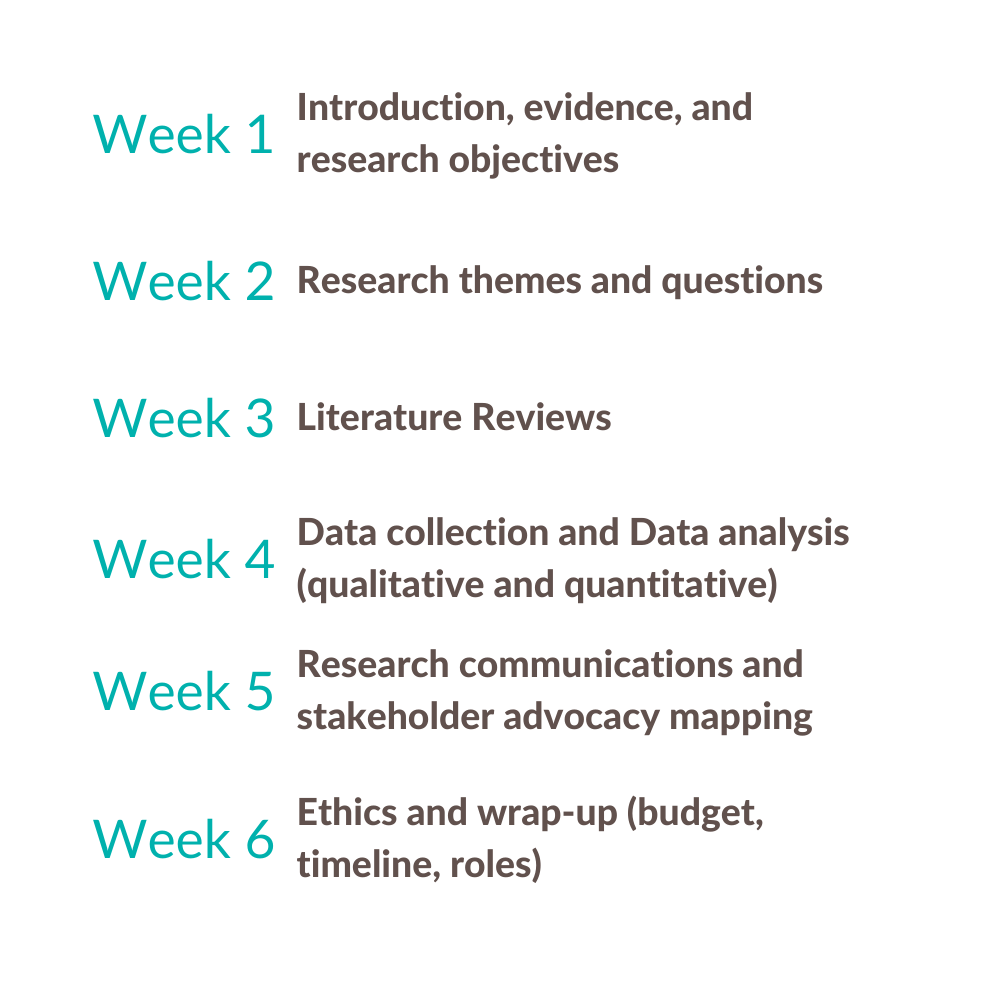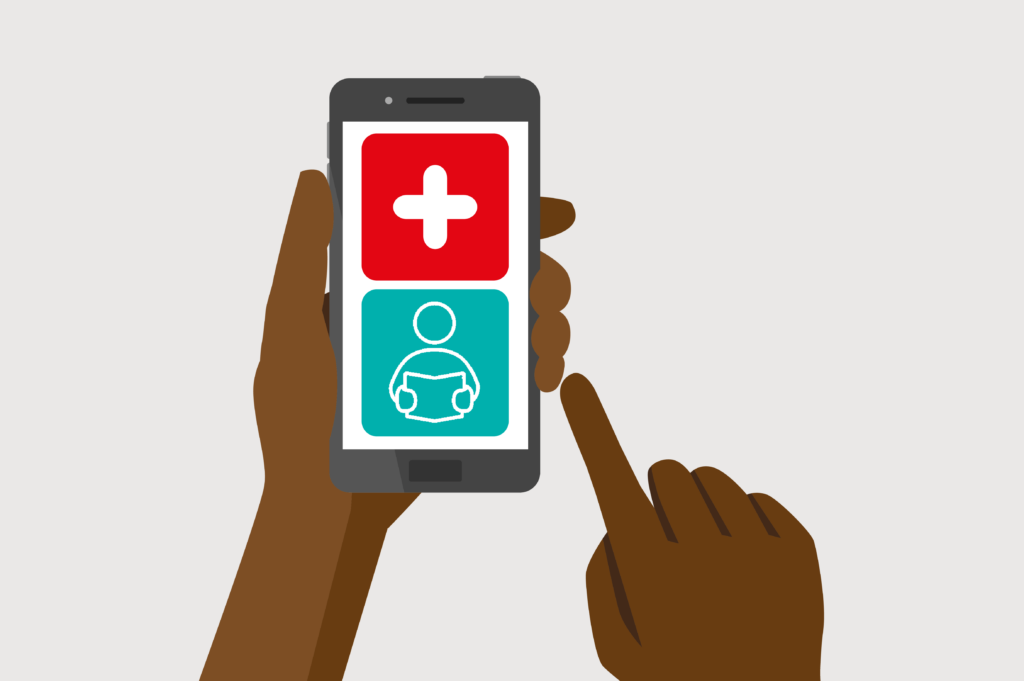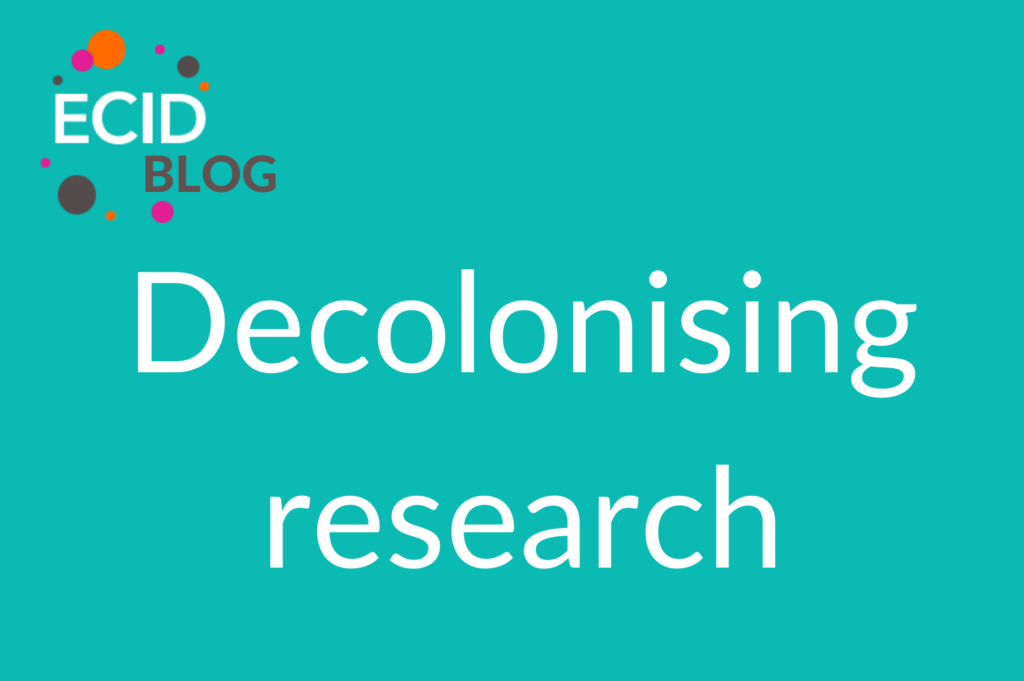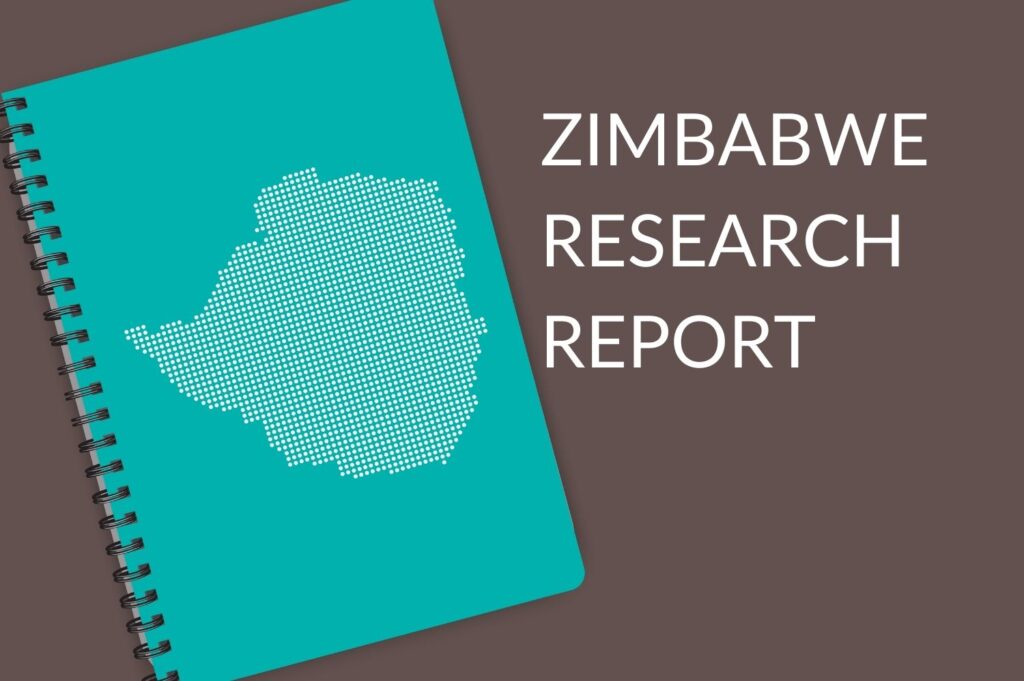Research training 2.0 – targeting development professionals with advanced skills designing large multi-country research projects
Dr Kas Sempere works as a research associate on international development at the Open University (DPP), and is affiliated to the Research, Evidence and Learning Team (REL) in Christian Aid. She is the research coordinator for the Evidence and Collaboration for Inclusive Development (ECID) programme.
Dr Cathy Bollaert is the Research and Learning Lead at REL in Christian Aid. She collaborates with the ECID programme giving support in the areas of research training, and research quality and ethics.
Many courses exist for university students and academics that deal with the research process. However, it is harder to find a more practice-oriented format that can better fit busy professionals working in the development sector. To cover that gap, Christian Aid’s research team and the Open University created the online course ‘Evidence for Development Professionals’ (Ev4Dev) a few years back. Now, we are experimenting again with a new ‘Ev4Dev 2.0’ – a version for professionals with advanced research skills that need to design a research project together. Want to hear more?
The precedent – Ev4Dev 1.0 for those wanting to develop or refresh research skills
In 2016, the Centre for Excellence in Research, Evidence and Learning (REL) in Christian Aid piloted an online course internally with staff. It proved very successful and, a few years later, that course took an online format to be open to anyone in the world. This was made in partnership with the Open University (OU) – an university with a tracked record on short and accessible online research courses.
The course goes through the nature of evidence and the research process – research objectives; research questions; literature reviews; data collection and analysis; research communications; and ethics, budgets and timelines – using videos, blogs, forums and quizzes.
With the course, professionals are better prepared to critically evaluate the quality of evidence and strengthen their own use of it. Professionals so far have ranged from those working in programme design and implementation, to those using evidence to influence others with advocacy and campaigns for better development outcomes, to those dealing with evidence in communications and fundraising.
The online course was written at an introductory level using a blended approach to learning. It runs over a 14-week period, involving about 24 hours of study. On completion of the course participants are awarded a Statement of Participation issued by Christian Aid and the OU.
The pilot – Ev4Dev 2.0 for those with advanced research skills to design large research projects
In 2020, REL and the OU partnered again to pilot another training format as part of the consortium programme Evidence and Collaboration for Inclusive Development (ECID) funded by the UK Government through UK Aid Connect. This time, we had a group of research partners (research institutes, universities, and NGO research staff) from Myanmar, Nigeria and Zimbabwe. They already had advanced research skills but needed a process to help them design a research plan collaboratively within a 6-week window.
The research group or “forum” followed a training-planning approach. Each week, we had a two-hour session where we looked at a particular aspect of the research process. Each session started with a “theory pill” which consisted of a 30-min presentation on research quality. For instance, this could be about what a sound research question looks like, and the pros and cons of using one or another data collection method.

After this “warm-up”, we moved onto brainstorming about what each country planned for the research, for instance, what their projected research objectives, research questions or methods were. In between the online joint sessions, each country team would gradually fill up their research proposals documents – roughly a section per week – and would share it with the rest the following week.
The forum approach served to standardise certain aspects of the research so that it stayed as a truly multi-country research endeavour rather than separate country research pieces working in parallel. For instance, it was important to have an umbrella multi-country research question but also national questions relevant for each country. The objective? To get a nice balance between country autonomy and multi-country coherence.
So far, the format has proved successful in ensuring that the research phase of a large and complex programme such as ECID is designed together in a coherent and decentralised way. As participants put it in the course evaluation, everyone is “on the same page” while tackling gaps, differences and misunderstandings from scratch and having the “opportunity to share experiences and learn from each other”.
Having a forum also ensured that all country representatives could comment on each other’s work, rather than this happening bilaterally between the London-based coordination team and the global South countries. Having good trainers and facilitators was key, as well as being able to create an environment of companionship and trust, and commitment to attending each session to keep the group flow.
On completion, the course participants were also awarded a Statement of Participation issued by Christian Aid and the OU. Most importantly, they were able to kick off with their research projects and create evidence for social change!
Interested in the story?
We want to hear from you.
Are you an NGO, research institute or university working on large, multicounty research projects? Share your thoughts, and initiatives on how you have managed to develop a nice research process.
For more info, browse our research page, with videos, docs and other blogs.
Or contact us at info@evidenceforinclusion.org



